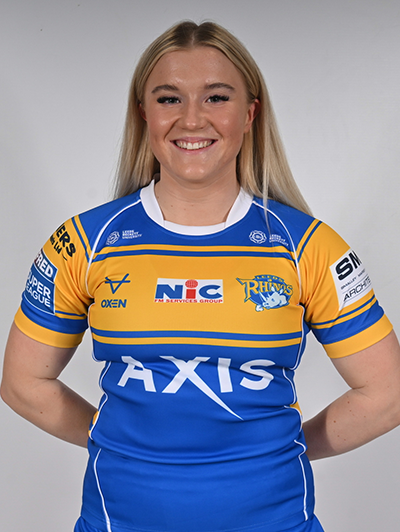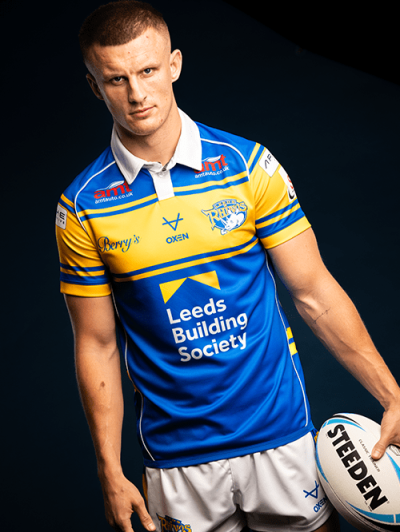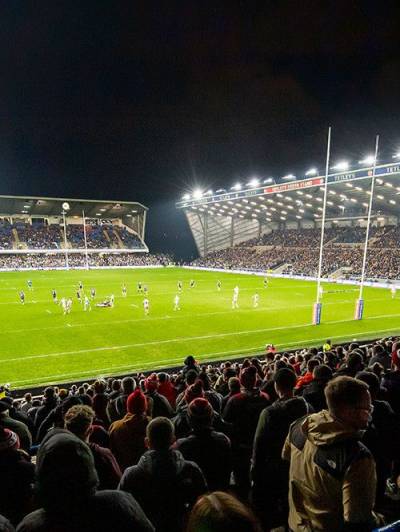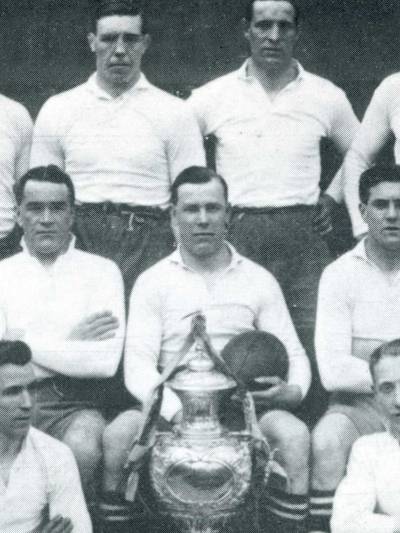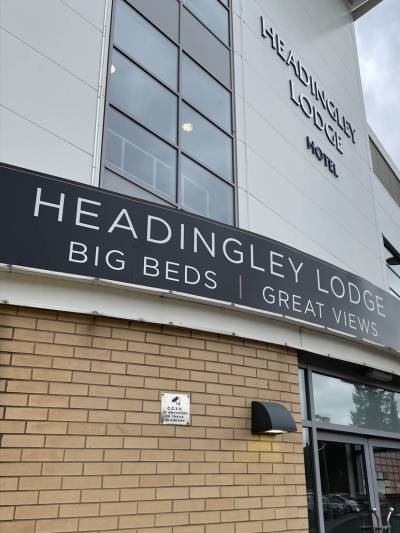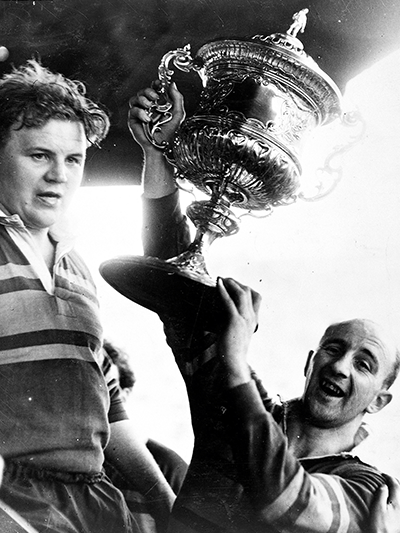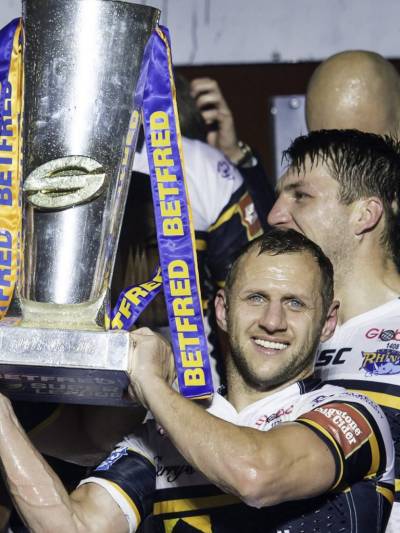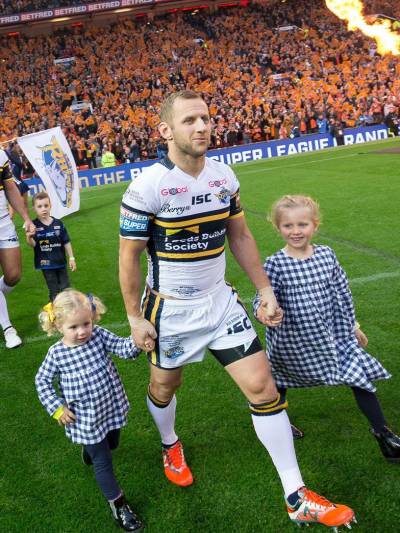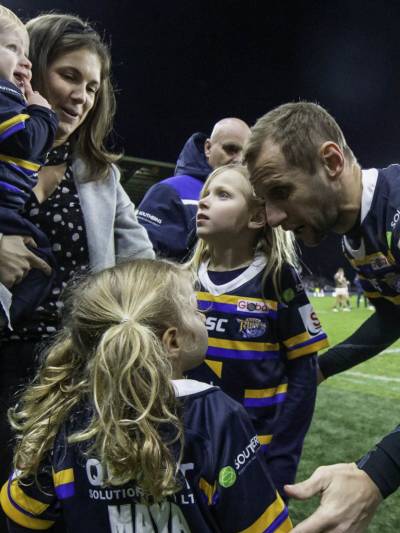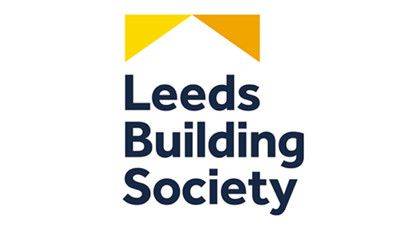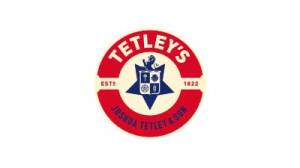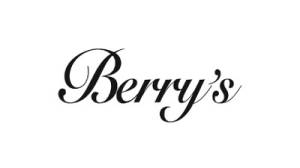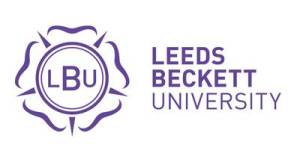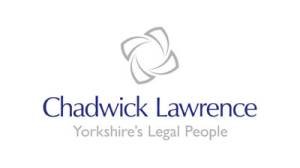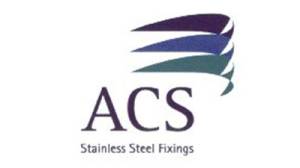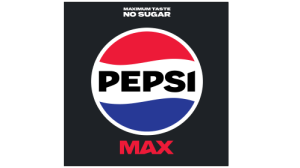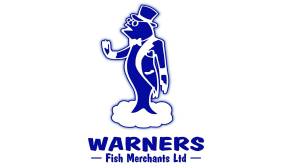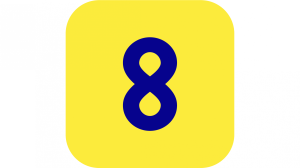4 Mar 2024
Lewis Jones - In his own words

In 2008, Scratching Shed Publishing re-issued Lewis Jones' 1958 Autobiography 'King of Rugger' including a new, updated reflection from Lewis on his entire career. Thanks to the publisher, here we have Lewis reflections on the latter stages of his career with Leeds and Great Britain.
Results after the Cup victory in ’57 were nothing much to write home about but 1961 turned out to be the highlight of my years with Leeds when, bingo, I was privileged to captain the club to their first ever Championship success. With the current side reaching Grand Finals regularly now, it might not appear that special but after a near seventy year wait for the top honour, it was massive for the Headingley officials, the players, the city and, of course, the fans. For so long the Loiners had been regarded as a top side, one with a great Cup tradition, but what was lacking was the game-wide respect that comes with winning the title; the ultimate measure of consistency. We were paid £32 for the win over Warrington that secured the coveted prize but I don’t think any of us gave that a single thought. We all loved coach Dai Prosser but even though he was instrumental in the spirit engendered amongst the side, he was shown the door. I am sure that the powers that be were subsequently embarrassed but they had negotiated with Roy Francis – the best coach in the game – to come to Headingley and take over the following season. I was under him for three years and Roy worked us hard but the result was the best Leeds team that I have ever seen, combining the talents of youngsters I watched come in and develop, like Mick Shoebottom and Alan Smith, with some terrific experienced players. By the late 60’s he’d added in the likes of John Atkinson, Syd Hynes and then Les Dyl who prospered alongside proven abilities of Tony Fisher and Bob Haigh – one of the best second rowers I ever saw – and one of the last ball playing loose forwards Ray Batten.
Our form that title-winning season was a one-off, we’d been a mid-table side before that and we put together a run of wins that began to instill a real belief among us. We kept being told that we’d had an easier fixture run but beating St Helens at home in a thunderous semi – when I had a wonderful duel with the great Alex Murphy - and then Warrington in the final proved that we were deserved winners.
Thinking back, there were a few that I played with in and around that time that I’d put in a personal ‘World Class’ select. Arthur Clues would be the first, he was on his own. I was part of an ‘Other Nationalities’ side that was possibly the best collection I ever played in and the second rowers were Aussies Harry Bath who was with Warrington and Cluesy – they were the finest combination in those positions that I ever saw. Of course, my scrum half would be Jeff Stevenson, he was sensational and the other one who wore blue and amber who couldn’t be bettered was Kenny Thornett, the best full back I witnessed. Others would have come close to selection but that gang were incomparable in my eyes. In the Championship winning side, I partnered fellow Welshman Colin Evans at half back. He was the hardest bloke I ever knew, he wouldn’t think twice about running into a brick wall if that was what he was asked to do, he was just incredibly tough. He might not have been as sophisticated as Jeff but it if you needed minding, he was a handy guy to have around.
In 1960, I started to contemplate what I might do in my retirement after rugby and I have fond memories of Carnegie, the forerunner of Leeds Beckett University where a number of the current Leeds players have just graduated with degrees. My wife, Maureen, who did not deserve the husband who lacked ambition, ran the confectionary and tobacconist shop we had a West Park while I was satisfied in various employments, which included a pub in Cardigan Road and even selling cars at one stage. With no particular future, she persuaded me to enrol on a teacher training course at James Graham College for mature students. It was one of the best things I ever did and I qualified after completing three years of taking mathematics classes in a High School.
Both the ’57 Cup and ’61 Championship teams broke up pretty quickly, which was a sadness; only Don Robinson and myself survived and were winners in each. In the space of three seasons, that was a high turnover. Don was too much of a gentleman, a terrific player but a different sort to Jack Fairbank. You can’t compare him or Dennis Goodwin to the likes of the guys in those positions today, it was a different time that required a different idea of professionalism. Jack used to turn up in his long brown coat that he’d been milking his cows in since four o’clock in the morning on hi family farm up near Huddersfield. He’d come down to training and turn up at the match dressed like that, in his wellies and with string around his waist but that was how it was in those days. The rules were different among the forwards, it was a literal battle for supremacy and guys like Jack thrived on that. Every team had its characters, for a while Garry Hemmingway looked as though he would make a real impact, scoring a lot of tries on the wing but retiring after suffering a serious injury that saw his star wane. Mind you, he was often in a world of his own. He was very fast but I don’t think he realised that he was often playing in front of a crowd of twenty or thirty thousand, he was more likely to be gazing up at the pigeons in the North Stand roof.
We did capture a Yorkshire Cup between the Wembley and title successes and there were a few Yorkshire Leagues along the way but if I’m asked about what I won, it can only really be measured by the big two trophies. I was once debating the majesty of Arthur Clues with someone, and I could not believe that one of the all-time greats had no domestic honours from his time here. I was sharply reminded that he had a Yorkshire League winner’s medal but to me that did not really count.
The value of having a profession to fall back on had been brought home to me when, prior to the start of the ‘59 campaign, I broke my other arm in a match in Paris, necessitating a plate in that one as well, which was pretty unusual. A French lad, Contrastin, was running down the wing and I’d never thrown a stiff arm in my life but I caught him pretty high as he went past, across the forehead - because he didn’t have a neck - and I knew then that it was fatal and the arm was gone; I should have had more sense. I played on for a few minutes because I didn’t want to show that I was hurt by doing something illegal and then I succumbed. Eventually I went to a hospital in the French capital and the doctor in the casualty department intimated that it was a ‘tendon’, which he kept repeating while I was shaking my head and telling him it was ‘casse’. He wouldn’t have it and eventually he just stuck a bandage on it. When I got home, I went to see the surgeon used by Leeds, he had it x-ray’d and it was badly broken, not fractured. He said ‘you’ve got a plate in one arm, you might just as well make sure and have the other one done.’ I’m sometimes reminded that I rarely gave away a penalty but that was probably because I wasn’t big enough to foul anybody and would probably have been thumped in exchange. There was certainly no dissent and if I was picked up for an indiscretion it was likely to have been for offside or maybe not playing the ball correctly.
When I was captain up at Leeds, I wasn’t one for stirring speeches, tactical discussions or game plans, there was nothing like that. We played the game as we saw it and our only concession was that there were certain key individuals in sides we faced that we didn’t want to run riot but how could you coach or counteract someone like Billy Boston or will of the wisp Brian Bevan. The opposition would try and get the ball to them as often as possible and let their wingers capitalise and we would attempt to prevent it reaching them, that was about as sophisticated as it got. Even at Odsal, in the Championship final, nothing changed to the way we approached the game. I had suffered from nerves at Wembley, and the enormity of the occasion, but there was no real feeling that the weight of over sixty years of Loiners’ history was on our shoulders that afternoon. We were certainly aware of what it meant to everyone connected with the club and the emotion that carried but all of us just wanted to win that game for its own sake. There was a lot written and said afterwards about how fitting it was that I should score the final try before going up to collect the elusive silverware but it a nothing sort of score. The game was already over and I just happened to be in the right place. My man of the match that afternoon was our hooker Barry Simms who stood up in the tackle and gave me the simplest of tasks to just take the pass and go over by the posts; it was so easy, I was handed the ball and was straight through. Scrums were something else in those days and gaining possession from ones that were contested was a vital part of the game. That afternoon, Barry was sensational in his primary task, completely overshadowing his opposite number. Everybody packed down and shoved and the hooker had to time his strike to perfection and Barry won the ball so many times against the head that it was embarrassing. With all the quality possession he secured for us, it was not surprising that we dominated.
It’s hard to pick out specific matches from so long ago but during the ‘big freeze’ of ’63, we managed to get a game on at Castleford in the first round of the Challenge Cup. They had braziers all over the field to ensure it went ahead but it was still like playing on concrete. There must have been a hundred and fifty or sixty of them on there trying to defrost the pitch – and they used drills at one stage to break up the surface - and just before kick off they were all removed which left ashes and all sorts on the field. The couple of yards around where each of the fires had been was soft for a little while, it was a bit like playing on a chess board, but they froze back up almost straight away. Cas so wanted the game to take place with it being Leeds at home on the road to Wembley and they were rewarded with a packed ground and the players just had to put up with it. Unfortunately for them, their efforts came to nought and we scrapped through, I even managed to skate over for one of our tries.
By the end of the 1964 season, after twelve hugely enjoyable years at Leeds, I took up an option to go over to Australia to player/coach in the Metropolitan League with Wentworthville. They decided to develop the club a couple of years before they got me over and applied for a license to play in the senior competition. They’d always been a junior club and didn’t even have a proper clubhouse at that time. When I got there they had built a single storey, comfortable facility catering for sport-minded members. It was overlooking the rugby ground but there was also a bowling club, table tennis, snooker and basketball. Eventually they applied to the New South Wales Rugby League for promotion into the second tier of competition. The governing body’s intention was eventually to have two clubs from there go into the ARL first grade premiership. In the time I was there, it just so happened that we had the best players, I was very fortunate and we won the division in seven out of my eight seasons. Penrith and Cronulla were among the easy beats but they were the ones who subsequently got the nod into the big time. Initially, we were told it would be us but geography won the day, Cronulla were south of Sydney and Penrith off to the west, whereas we were no more than a mile from Parramatta. Wentworthville’s exclusion was probably the only really sad thing that happened to me in my rugby life. Derek Hallas was at Parramatta for some of the time I was out there, before he came back home, but I rarely bumped into him and Barbara. On one occasion, in 1968, I played in a curtain raiser to a Great Britain World Cup match down under. The oddest thing was playing in front of 60 or 70,000 people at the Sydney cricket ground in a domestic game, Wentworthville didn’t normally attract that many. During the match, at half time, I can recall a couple of the British lads – Mick Shoebottom and his partner-in-crime and room mate ‘Flash’ Flanagan - popping over for a chat.
My kids Kevin and Karen were dismayed when we decided to come home because they had all of their formative years over in Australia. It was difficult for them having been brought up there for eight glorious years but they both realised then and do now that it was for the best of intentions, to secure their further education. They both got good degrees that I couldn’t see them getting over there because the best standard of education at that level was undoubtedly in the universities back here. They had the choice of a few to go to and have done well in the ensuing years. That time in Australia was, arguably, the best years of my life. The lifestyle in general and teaching out there suited me and I am often invited back to reunions to celebrate those good old days, because if you do right by them, they do the same by you. While I was there, I taught in a mixed high school, there were no disciplinary problems and teaching itself was a joy. Apart from maths, I was given the job of preparing the team for inter-school rugby league competitions.
On returning to Leeds in 1972, I applied to the local education authority in the city for employment and although I told them that I was prepared to give time to coach rugby on evenings and Saturday’s, those extra-curricular activities were of little value when they sent me to an all-girls High School at Silver Royds. Remarkably, though, I survived fifteen years there until my retirement and it was another very happy period of life. It was not a very macho environment but bearable! Rugby-wise, although I enjoyed being in the company of the fraternity, I soon found that I didn’t have the enthusiasm necessary to coach. After a season with the ‘A’ team at Leeds and a spell with the first team at Dewsbury, the commitment was missing and it came to a sad end on both occasions.
Looking back on an eventful time in the sport, it was luck rather than good judgement that got me to where I was and I wouldn’t swap the life I’ve had with anybody. I didn’t bother to think about accolades except that there is now a suite in the new Carnegie Stand at Headingley and a pub in the ground at Gorseinon where I first started playing, named after me. That, together with honorary membership of the Taverners at Leeds is more than enough.
It is very difficult to determine just how good players are today compared to my time because of the superb physical condition that they are in thanks to full time training. We wouldn’t have lasted more than five minutes in Super League but, having said that, I would have loved to have seen my contemporaries honed to that standard of fitness. There have also been so many different rule changes that equating the eras is impossible, like the loss of contested scrums, the introduction of substitutes which has taken it from a thirteen to a seventeen-a-side game, the use of kicking tees and differently weighted and flighted balls – whether it is all for the good, I don’t know. I’m sure I would have loved the 40/20 kick but I’m still not convinced that summer is when we should be playing rugby. I’m not a fan of flat passes and am still to be convinced about the value of the video referee but Friday night’s at Headingley Carnegie are still something special. When I played, the likes of Featherstone Rovers, Hunslet and Oldham were the lifeblood and those famous names seem to have gone by the board.
I used to enjoy a cigarette, which you can’t imagine now, and it was part of my pre-match and occasionally even half time routine. I was brought up in a religious household with my father being a lay preacher and my upbringing was strict so when I went to do national service I was introduced to a more relaxed environment and I took advantage of the cheap naval woodbines available on board ship. I suppose you could say that I smoked heavily – Players Number One and Capston Full Strength – but it was never a consideration that it might have an effect. Cliff Morgan, when he was on the speaking circuit, used to mention it and whenever I meet up with him he invariably reminds me, ‘I remember you, Jonesy, walking out to play an international and going down the steps to the pitch and you putting your fag out on the wall’ but that was the way it was and it didn’t seem to make any difference to the standard of rugby we played.
I don’t think about my points scoring records at all and whether or not they will be surpassed. It doesn’t mean anything simply because of the all reasons why you can’t make direct comparisons – even the points value are different for a try and a drop goal. If someone like Kevin Sinfield overtakes me at Leeds, fantastic and good luck to him. When I started playing Union, a drop goal was worth four points, the most you could score but emphases change. When I signed for Leeds, I had no conception that I would be there for twelve years – my only thought was how was I going to spend the sign on money and I achieved that in a year! I enjoyed doing that but it might have been why I had to stay for the next eleven afterwards. I’ve been so lucky in my life, not least in my marriage. My kids are the best you could ever wish for and I’ve got three brilliant grandchildren carrying the flag for the next generation, I’ve been incredibly fortunate. The only bad luck I’ve had was when Maureen passed away in 1987. I never went home to Wales although I did miss a lot of things that I used to have and do, not least the Gower Peninsula. I’d often ride down there on my bike and go for a swim and it is probably one of the nicest parts of the world. It wasn’t commercialised in those days and the only way you could get down to it was to cycle and it is a magnificent coastline just to the west of Swansea. Coming back from Australia, we had the choice to go locate anywhere but there was only one option really and that was to return to Leeds where we had made our home. I knew people up here and my kids were born and bred Yorkshire folk, returned to familiar schooling and just settled back in.
Celtic Crusaders’ arrival in Super League could herald a breakthrough in Wales for Rugby League. We have always been told that there is so much talent to be brought to the fore but teams don’t rely solely on local players. Leeds have always been cosmopolitan in their make up. When I arrived to don the famous blue and amber colours we had Aussies, Kiwis, and a Scot about the place and only really ‘Shanks’ Watson could be termed local, until Jeff Stevenson arrived. Imports, like me, have always been part of the game.
I can’t have any regrets about switching codes all those years ago. I wasn’t thinking so much about the challenge more that there was something else to do. It must have been for the money in those days because I had no future at home in Wales, I was driving a dumper or a lorry on site at the Carmarthen Bay power station that they were building. I had to cash in on the one thing I was best at doing – being able to kick a bloody ball! I was credited with developing a ‘hanging pass’ but I don’t know what’s meant by that. The ball might have appeared to have been suspended in the air but it was just a runaround with the scrum half. I never thought about anything I did on the field, I just went out and played for the enjoyment of playing. I might have appeared to be nonchalant but, if she was here, Maureen would tell you that I must have been hell to live with on a Saturday morning.
PHIL CAPLAN

